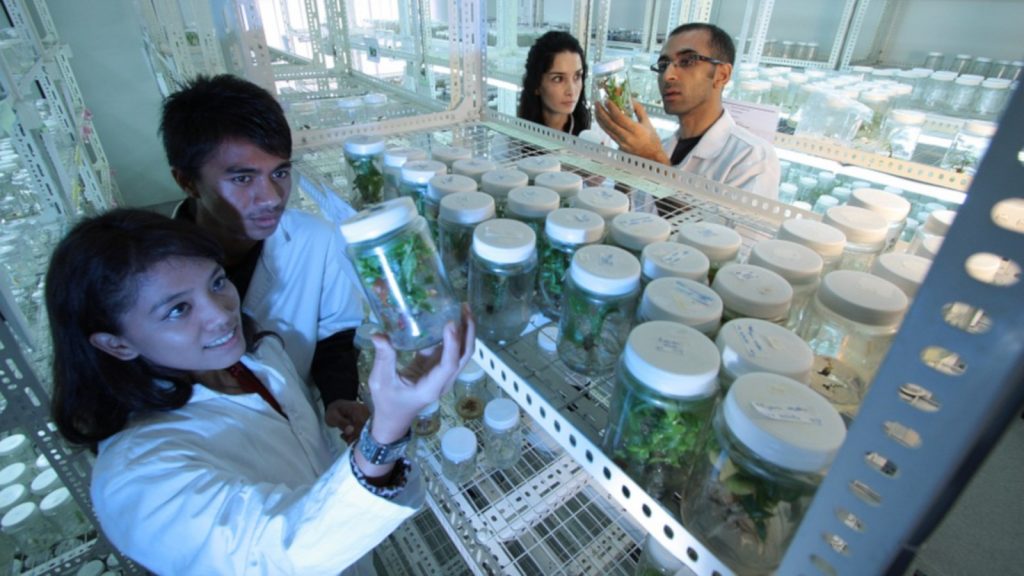We all have them. Those apps we open without thinking. Not because we need anything in particular, but because they feel… safe, in some…
Meet the small businesses nominated for the NSTF-South 32 Awards

SA’s National Science and Technology Forum (NSTF) has nominated three small businesses for the innovation award in the 2018/2019 NSTF- South 32 Awards.
The annual awards, which are dubbed “The Science Oscars of South Africa”, aim to honour and celebrate outstanding contributions in science, engineering and technology.
The awards are organised across nine categories, including the Green Economy Research and Innovation Award, Engineering Research Capacity Development Award and Data for Research Award.
Winners of the 2018/2019 NTSF-South 32 Awards will be announced on 27 June
Winners of the awards will be announced on 27 June by the Minister of Science and Technology at the 21st NSTF Awards Gala Dinner in Gauteng.
The nominees for the Small, Medium and Micro Enterprise Innovation Awards category are:
Bio Catalysis team
The Bio Catalysis team, led by principal researcher Lucia Steenkamp and comprising Clive Tuebes Africa, Puris’ Natural Aromatics Chemicals Division, have developed innovative green processes for industry partners in the flavour and fragrance, agriculture, food and biocides areas.
Hydrox Holdings
Hydrox Holdings, led by CEO Cornelis Johannes de Jager, has developed a cost effective green method of hydrogen production and energy storage.
The firm is the first organisation to successfully develop a totally membrane-less hydrogen production system through their patented Deft technology. The innovation utilises fewer components which results in lower capital and operative expenditure.
Pennine Energy Innovations
Pennine Energy Innovations, which is led by directors and co-founders Dudley Jackson and Richard Mutshekwane, has delivered electrification to hundreds of households in the rural Eastern Cape through a locally developed solar system called the Insele Solar System.
The company also has the potential to provide viable, portable waterless sanitation to these households while converting and removing the current incumbent pit latrine system.
The firm’s SavvyLoo waterless toilet grants more than sanitation.
Poor communities can leverage the waste products as a source of fertiliser for crops (desiccated urine), fuel for either cooking and or biogas (desiccated feces) and commercially for compost and urea, two high-priced commodities which they can supply to large corporate suppliers and users.
Featured image: felixioncool via Pixabay

